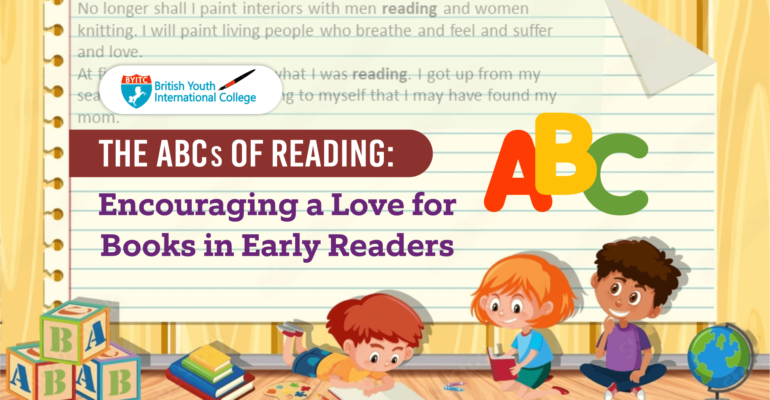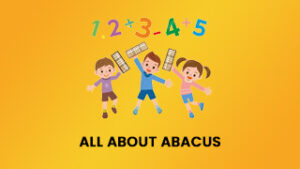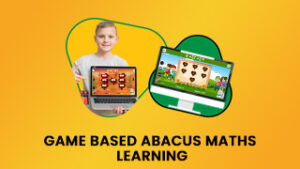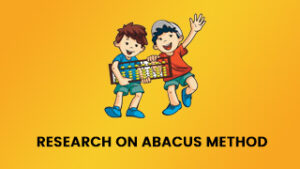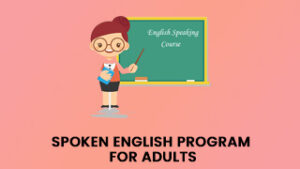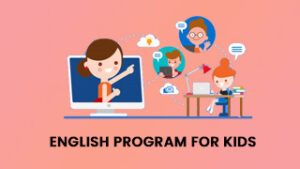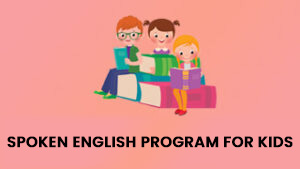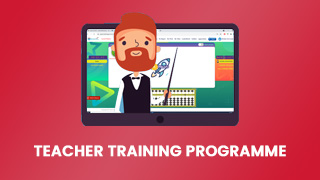The ABCs of Reading: Encouraging a Love for Books in Early Readers
April 20, 2024 2024-04-20 14:59The ABCs of Reading: Encouraging a Love for Books in Early Readers
In a world filled with screens and gadgets, instilling a love for books in early readers is more important than ever. Reading expands a child’s imagination and fosters critical thinking skills and empathy. So, how can parents and educators cultivate this love for books from an early age? Let’s explore the ABCs of Reading and discover ways to encourage young minds to dive into the magical world of literature.
A is for Accessible Books
One of the first steps in fostering a love for reading is to ensure that books are readily available to children. Create a cosy reading nook at home for the early readers, filled with age-appropriate books that cater to their interests. Visit your local library regularly and let your child explore different genres and authors. The more accessible books are, the more likely children are to develop a habit of reading.
B is for Bedtime Stories
Bedtime stories are a cherished tradition in many households, and for good reason. Not only do they create a special bonding time between parent and child, but they also expose children to the joy of storytelling. Choose books with engaging plots and vibrant illustrations to capture the early reader’s attention. Let your child participate by turning pages or making up their endings to the story.
C stands for Create Connections
Make reading a meaningful experience for the early readers by connecting stories to real-life situations. If you’re reading a book about animals, take a trip to the zoo to see them up close. Encourage your child to draw pictures or act out scenes from their favourite stories. By making connections between books and the world around them, children develop a deeper appreciation for reading.
D is for Diverse Characters
Introduce your child to books that feature diverse characters and cultures. Reading about characters who look and live differently from them promotes empathy and understanding. Seek out books that celebrate diversity and teach valuable life lessons about acceptance and inclusivity. By exposing the early readers to a variety of perspectives, we help them become more compassionate individuals.
E is for Encourage Exploration
Encourage your child to explore different types of books beyond traditional storybooks. Picture dictionaries, interactive pop-up books, and audiobooks are all excellent ways to engage young readers. Let your child follow their interests whether it’s dinosaurs, space, or fairy tales. The key is to spark the early reader’s curiosity and keep them excited about discovering new worlds through reading.
F is for Fun Activities
Make reading a fun and interactive experience by incorporating activities that complement the early reader’s story. If you’re reading a book about gardening, plant seeds together and watch them grow. Create crafts inspired by characters or scenes from the book. Organize a themed dress-up day where everyone dresses as their favourite book character. By making reading a fun-filled adventure, children will eagerly look forward to storytime.
G is for Gradual Progress
Lastly, remember that developing a love for reading is a journey that takes time. Be patient and supportive as your child learns to read independently. Celebrate the early reader’s progress, no matter how small, and provide plenty of encouragement along the way. Reading should never feel like a chore but rather a delightful escape into imagination and discovery.
In conclusion, nurturing a love for books in early readers is essential for their cognitive and emotional development. By following the ABCs of Reading – from making books accessible to encouraging exploration and creating meaningful connections – parents and educators can inspire a lifelong passion for reading in young minds. So, let’s open the doors to the magical world of literature and watch as our children’s imaginations soar.
Related Articles
Building Confidence and Self-Esteem: How English Fluency Empowers Kids at BYITC
The Power of Spoken English Course: Mastering the Language of Global Communication
Best Way to Make Creative Writing Fun in English Classes for Kids

